Prime Minister Anwar Ibrahim announced on Sunday that students from all races who score 10As and above in Sijil Pelajaran Malaysia (SPM) will be guaranteed a spot by the government in the matriculation programme.
Matriculation started in 1999 with the explicit purpose of increasing bumiputera enrolment in science, technology and professional courses.
It provides students with a fast-track entry to public universities (one year compared to 1.5 years to complete STPM) in fully paid residential colleges compared to STPM.
Anwar claims this is a bold decision but was quick to assure that this does not affect the existing 90:10 ethnic quota for the matriculation programme.
This announcement will indeed have a real-life impact on some high-achieving students. PKR MP Sim Tze Tzin wrote that every year, MPs like him were met with parents of students who failed to get into matriculation despite scoring straight As.
“Students were told to study hard and get into university. But what if the children work really hard, scored all As but still failed to make it into Matrikulasi? There is an injustice in the current system.
“To help the disappointed students I write this kind of surat rayuan (letter of appeal) to the education minister every year. This year, I wrote a total of 79 letters!! One father told me his daughter cried, heartbroken for days.
“Seventy-nine students with good results but failed to enter Matrikulasi is just the tip of the iceberg. What about the many more who didn’t come to see me? Finally, our PMX Anwar stepped in to help.”

I wish not to diminish the significance of this policy decision by the cabinet, which has the right intention to make things slightly a little fairer. That said, I think this episode illustrates Anwar’s problem in governing the country. He is trying to please everyone and offend no one. Let me explain.
Firstly, the contradiction in creating colour-blind admission for top scorers while maintaining an ethnic quota system for everyone else. Two sets of rules in playing the same admission game, because they want to move the needle without disrupting the status quo.
Can we usher meaningful change if we refuse to confront, let alone disrupt, systems and institutional practices enabling the status quo?
Secondly, it illustrates the way this government has been functioning with a mindset best summarised as “announce first, think later”.
Anwar’s announcement seems to catch the education and higher education ministries off-guard, which states that they will set up a coordination team to implement the policy announcement.
Aside from the lack of clarity, why require 10As when the default number of subjects for most students is nine subjects in SPM?
If the government goes ahead with Anwar’s announcement that students with 10 As or more will be given a spot, it creates two consequences: i) This policy punishes ordinary students in national secondary schools (SMK) who do not take an extra/elective subject; ii) Some students will take up an extra subject just to qualify for this scheme and achieve 10As.
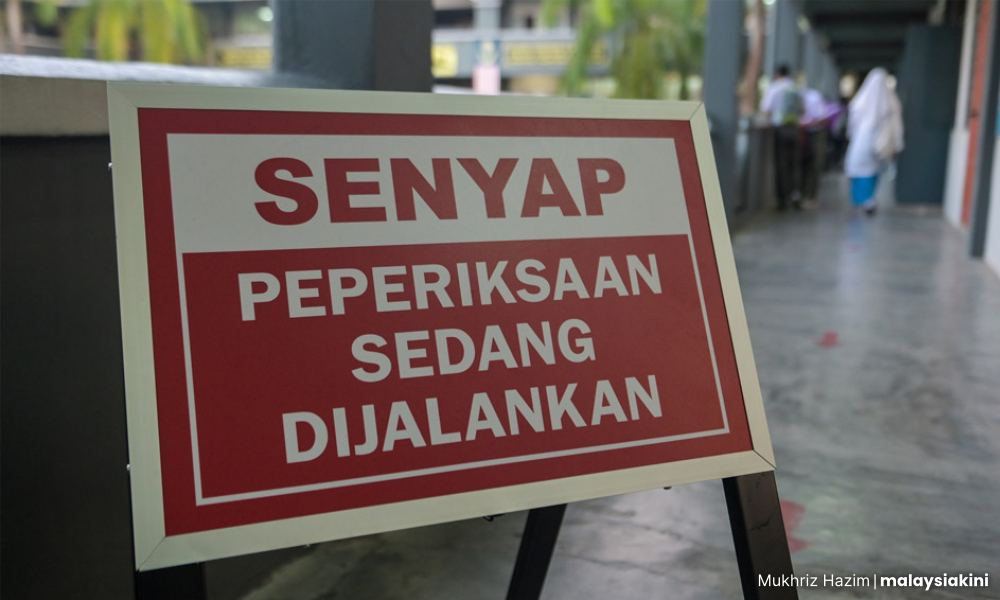
Either Anwar is not aware that the default number of subjects for most students is 9 subjects, or it’s a deliberate decision to bring the number of eligible students down to a manageable increase in matriculation enrolment.
This “announce first, think later” mindset had once led to the cancellation of another policy announcement.
Remember when former education minister Maszlee Malik announced that the then-Pakatan Harapan cabinet chaired by Dr Mahathir Mohamad agreed to increase non-bumiputera enrolment while maintaining the 90:10 quota by increasing matriculation intake to 40,000 students? It never happened.
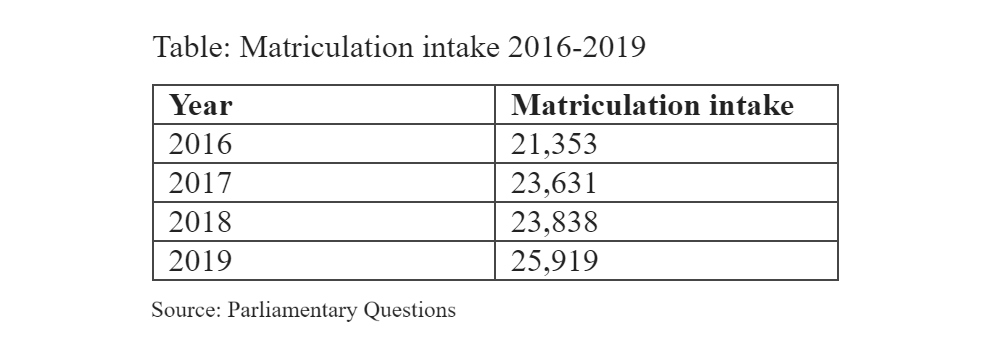
There was a lot of publicity (and heated debates) about the cabinet's decision to increase the matriculation intake to 40,000 to appease non-bumiputera voters, who were upset by the cabinet’s decision to maintain the 90:10 quota.
The fact that it did not materialise in the end shows that policies that are announced before implementation mechanisms are figured out tend not to end well.
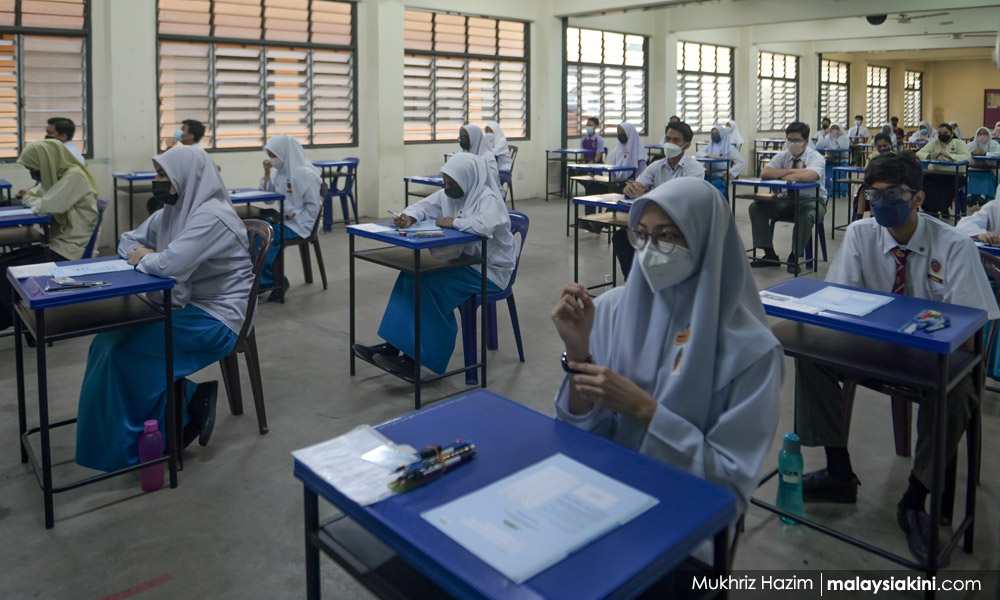
Thirdly, by focusing only on students scoring 10As or more, this policy announcement privileges a very small group of beneficiaries.
Out of 395,870 SPM candidates in last year’s SPM (2023), only 11,713 students scored straight As (2.96 percent). Since most students took only nine subjects, those who are eligible under Anwar’s announcement (10As or more) are likely to be lower than that number.
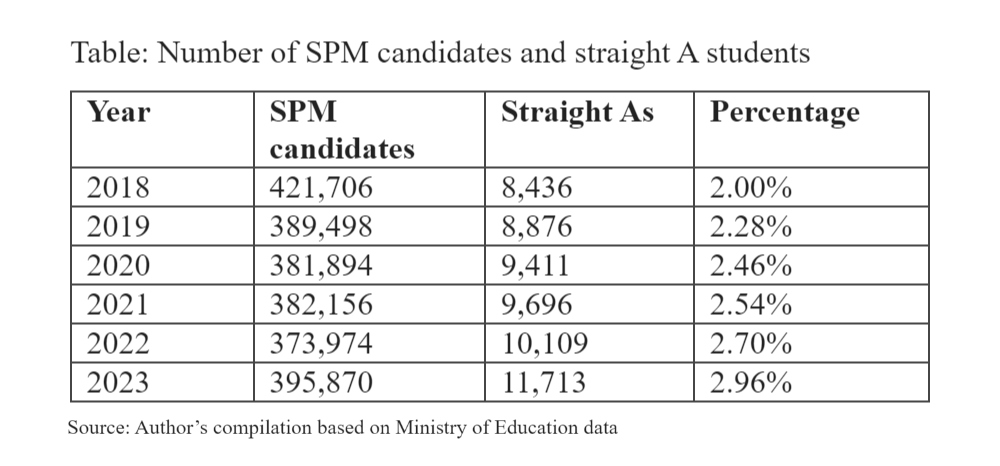
Out of these two to three percent elite students, how many are from B40 families and how many came from affluent families who provide them with tuition? Assuming tuition for one subject costs RM40, taking tuition for 10 subjects would cost RM400 a month, which is almost one-third of the minimum wage.
Studies have shown that academic merit tends to correlate with family wealth, thus the government’s matriculation guarantee for 10As students is almost like saying “fairness only for those with the means to reach it”.
Beyond quota v meritocracy
The solution to making matriculation intake fairer and more inclusive lies not in imposing a blanket requirement (eg SPM 10As) which will make admission ever more competitive to the point where only people who have great resources and help (via tuition or extraordinary schools/teachers) can be eligible.
One possible solution that is being tried out in some schools in the United States is a lottery system, i. define a “good enough” standard, then everyone who qualifies will stand a fair and equal chance to be randomly selected.
It resolves both the merit question and the quota dilemma since a minimum “good enough” standard is set (eg 5As), and a quota is not necessarily required because if you draw random groups of people over and over again, the results will ultimately be representative of the demographic. Bumiputera representation can be assured this way without a need for explicit quotas.
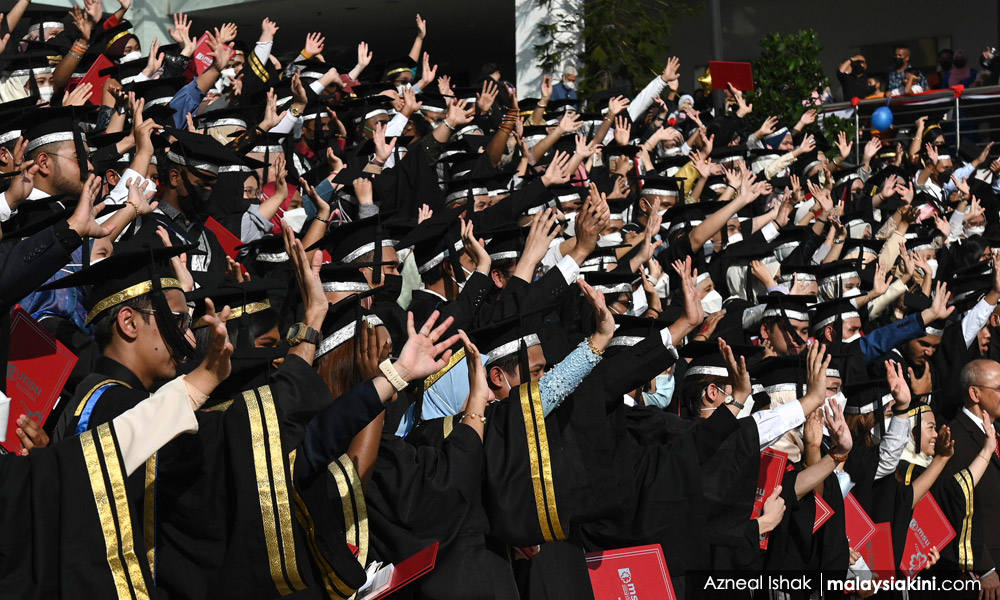
Meritocracy can be a liability when it gatekeeps a large majority of students out of this programme - this is an important point because non-bumiputera communities tend to believe a shift to meritocracy is universally good.
In reality, a merit-based programme like Anwar’s announcement only benefits a very small group of non-Malay students at the expense of many more non-Malay students who don’t score 10As and will likely be kept out.
Despite the small number of beneficiaries, Anwar’s announcement will resonate with way more people because it’s a symbolic gesture reflecting our deepest contention and beliefs about what constitutes fairness.
He may have temporarily alleviated a pain point, but much more work and public discourse need to be done to cure the malaise of institutionalised segregation. - Mkini
OOI KOK HIN is a political sociologist who dabbles in civil society.
The views expressed here are those of the author/contributor and do not necessarily represent the views of MMKtT.




No comments:
Post a Comment
Note: Only a member of this blog may post a comment.